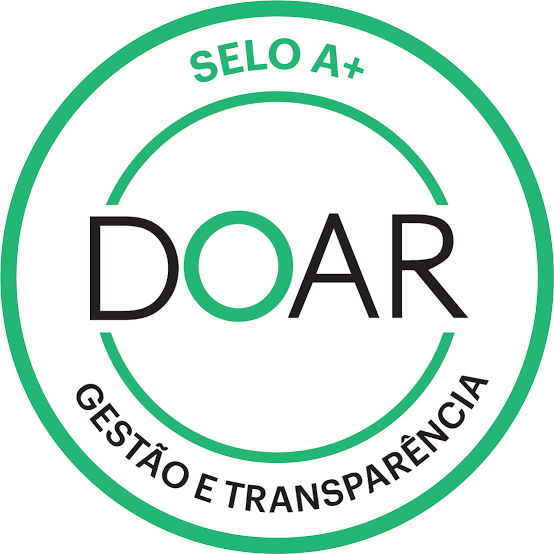Este site usa cookies para que possamos oferecer a melhor experiência de usuário possível. As informações dos cookies são armazenadas em seu navegador e desempenham funções como reconhecê-lo quando você retorna ao nosso site e ajudar nossa equipe a entender quais seções do site você considera mais interessantes e úteis.
Life Cycle
Adult Management Model
Brazilian Scouting’s adult management model places emphasis on the adult leaders’ life cycle.
The life cycle is a process that guarantees adult volunteers’ quality of life in the organization. It is a tool that tries to enhance the value of the adult’s presence, enabling him to always deliver his best, always reminding the organization’s guidelines, the care and recognition necessary for all who dedicate themselves to Scouting.
In the Scouting Movement, the participation of committed adults who are qualified to practice Scouting guarantees quality in delivering the results expected by the Organization.
The Adult Training System
Adult Training System is a fundamental part of the volunteer’s learning process. Every adult who comer to perform a position or function, as a scout or leader, has the right and the duty to perfect himself as much as possible to perform his responsibilities in Scouting in the best way.
The adult training process covers the entire adult life cycle in the Scout Movement through personalized and continuous training, encouraging self-learning and the development of skills in three areas: knowledge and how to apply it in solving problems; skills developed through real experiences; values and attitudes
The training process consists of two tracks:
- Scout Leader (works directly with young people);
- Administrative Leader (works in administering the local Scout group).
Each track of training is based on experiencing specific learning paths (divided into three progressive levels), with the aim of developing a set of competencies that contribute to good practices in Scouting.
Preliminary Level – Demonstrated by behaviors that show the ability to make simple relationships between concepts and elements specific to their position / function and their day-to-day activities.
Intermediate Level – Demonstrated by behaviors that show execution, application and analysis that permit relations between concepts and elements specific to their position / function and their day-to-day activities, allowing perception of cause and effect of their actions.
Advanced Level – Demonstrated by behaviors that show the ability to synthesize concepts and propose new ideas, as well as continuous improvement based on self-assessment / critical evaluation of the concepts and elements germane to their position / function and their day-to-day activities.
Upon completing the Advanced Level, the volunteer is awarded the Wood Badge.

About Us
Brazil Brazil’s first report on the Scout Movement was in December 1909, in a publication of the…
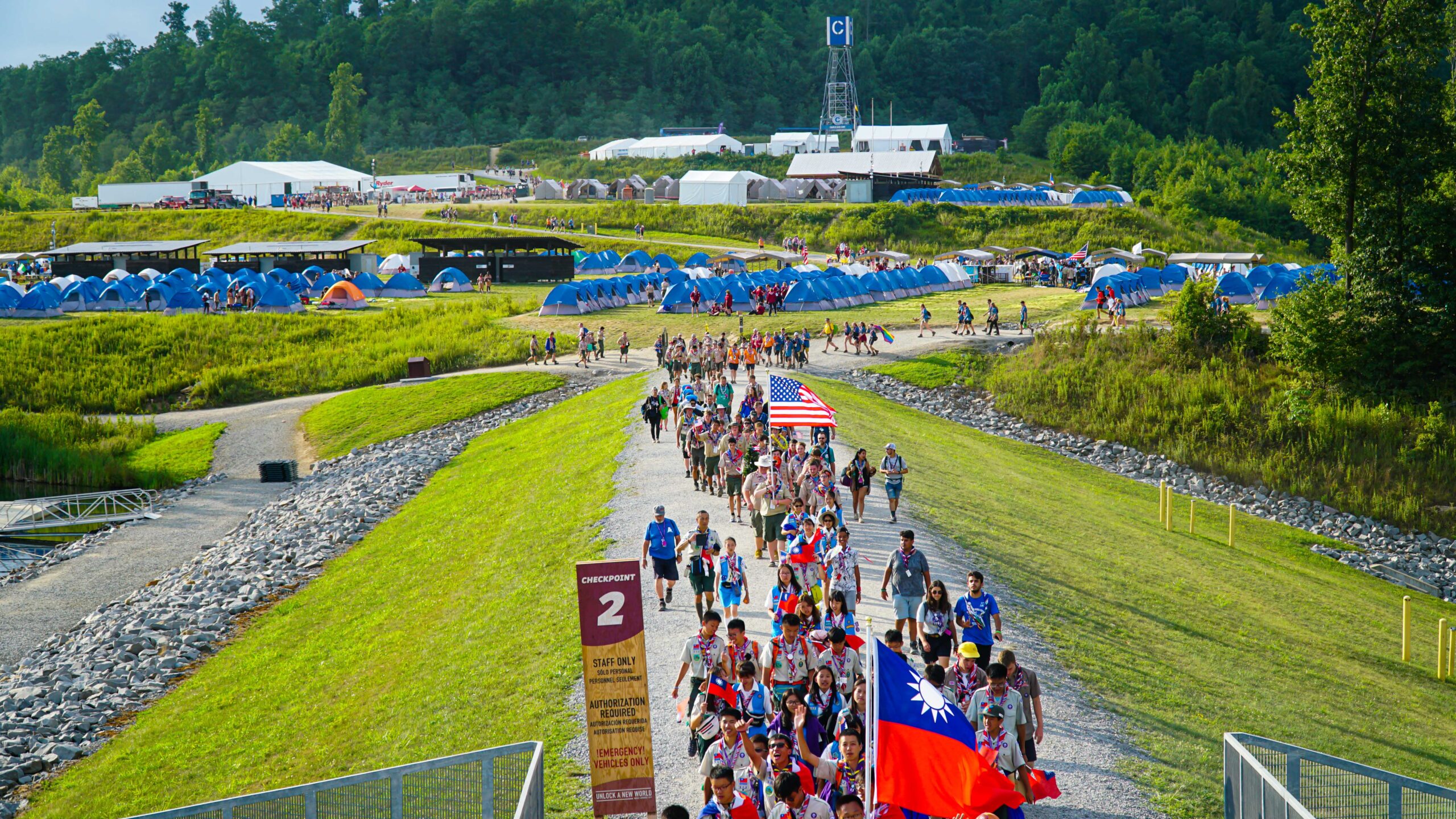
Progression
CUB SCOUTS When accepting Mowgli's invitation, you will have to go with him along the Jungle Path. Along…
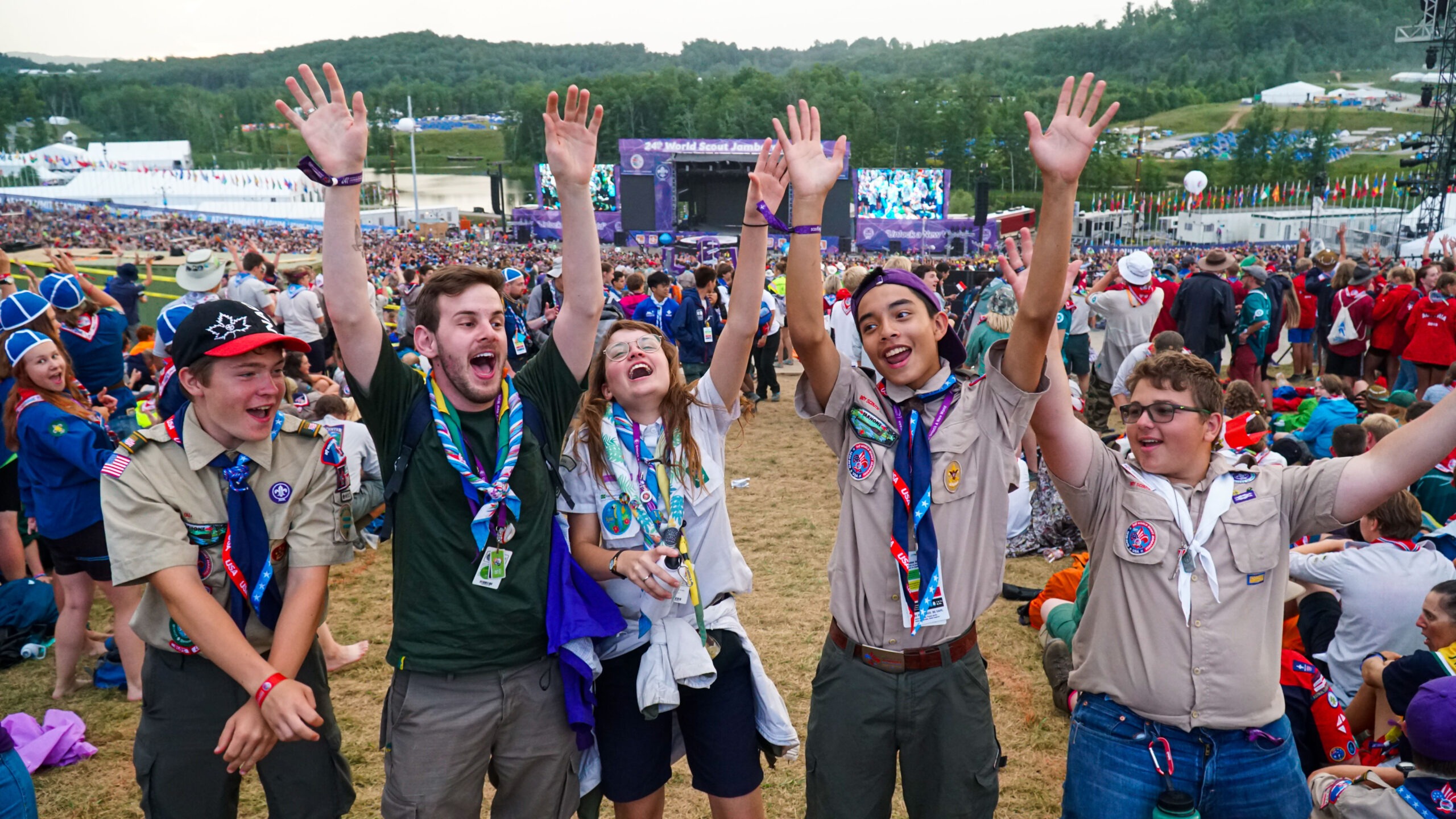
Rover Scouts
Rover Scouts From the age of 18, and up to our twenty-first birthday, we are part of…
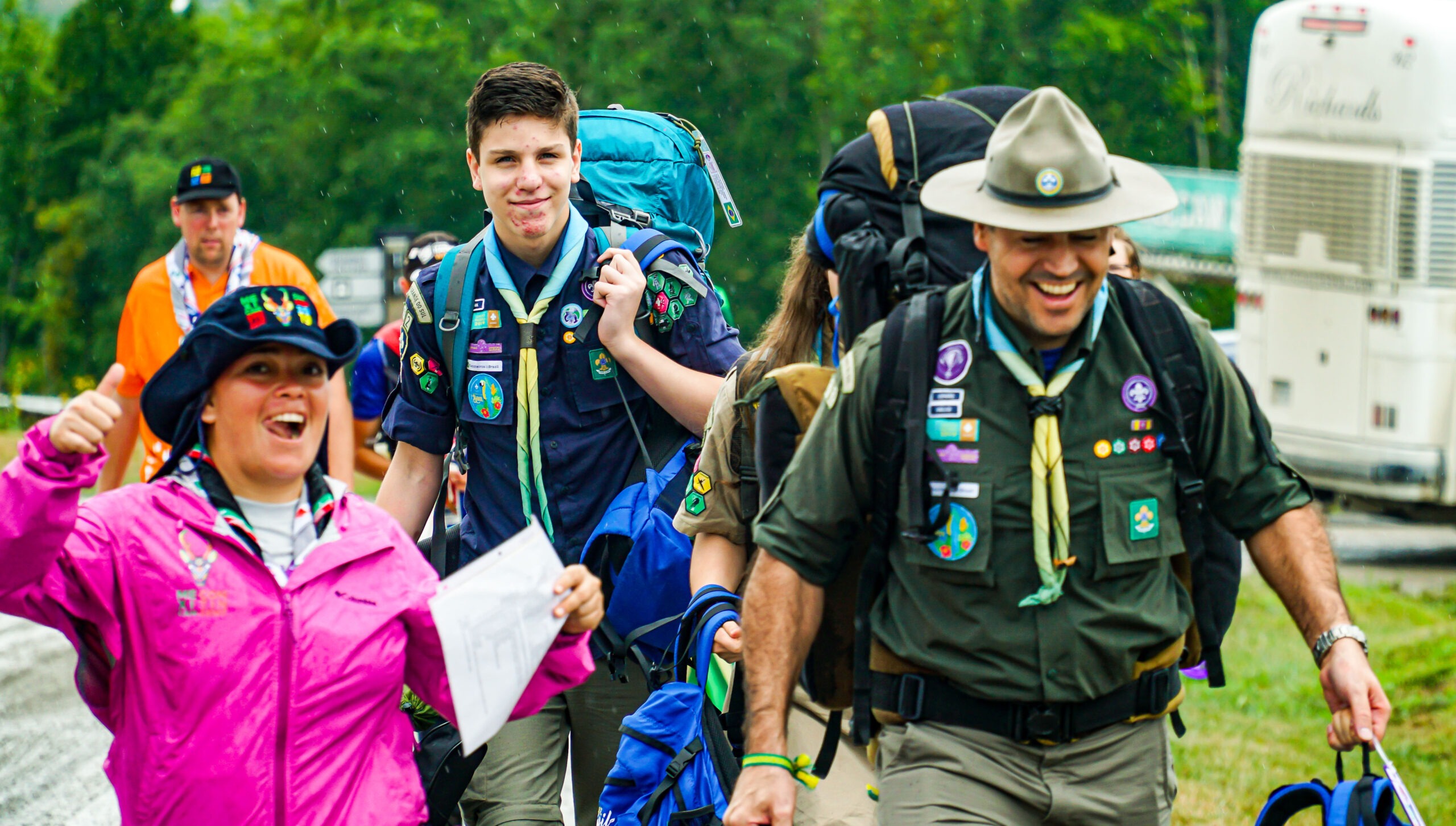
Scout Leader
Scout Leader Scout leaders are the volunteers who work directly with young people. They are the link…

Scout Method
Scout Method Scouting’s educational approach is implemented through the Scout Method, an original educational system that promotes…
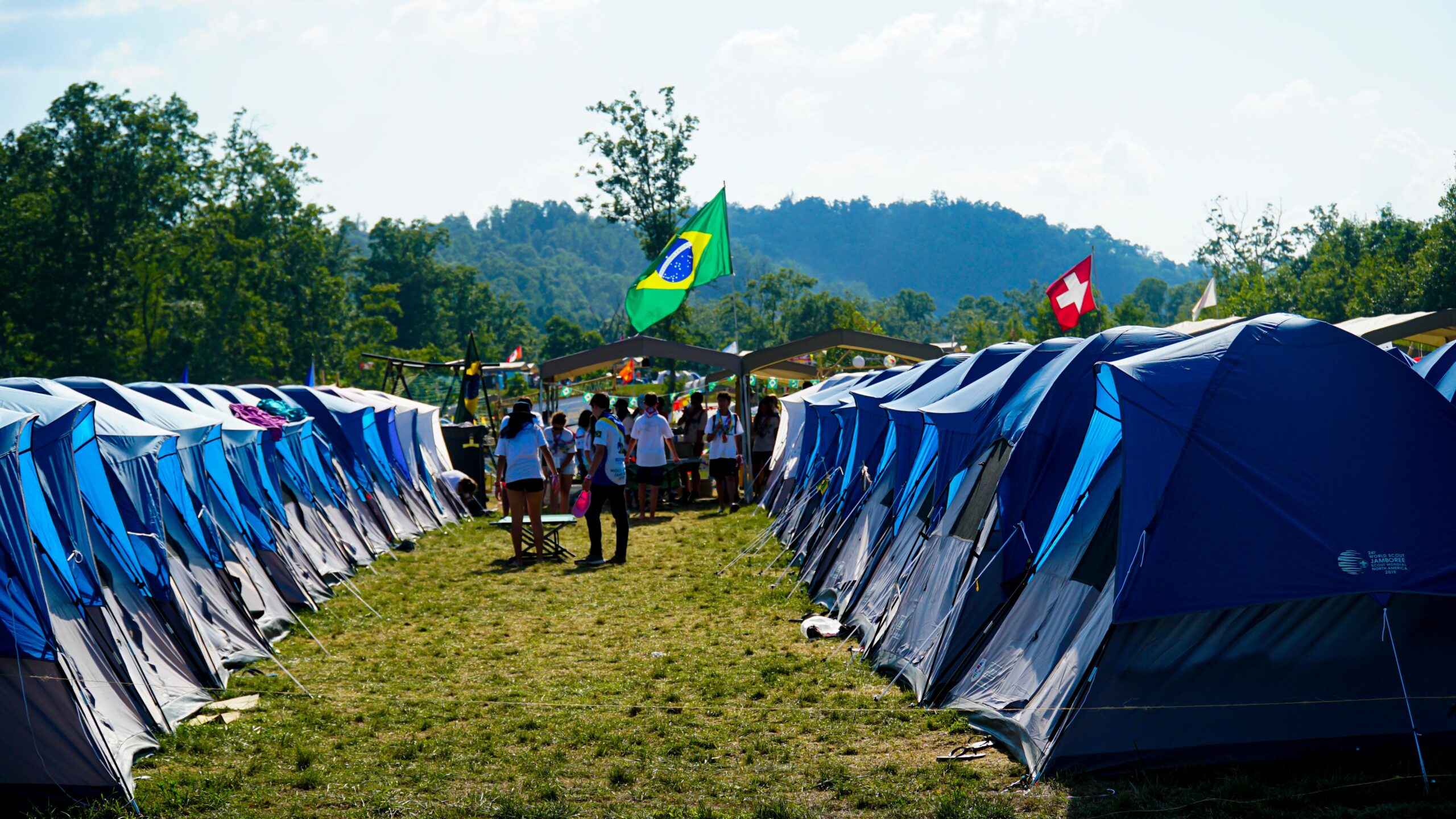
Scouts
Scout Branch Between 11 and 14 years of age we belong to the Scout section. We are…
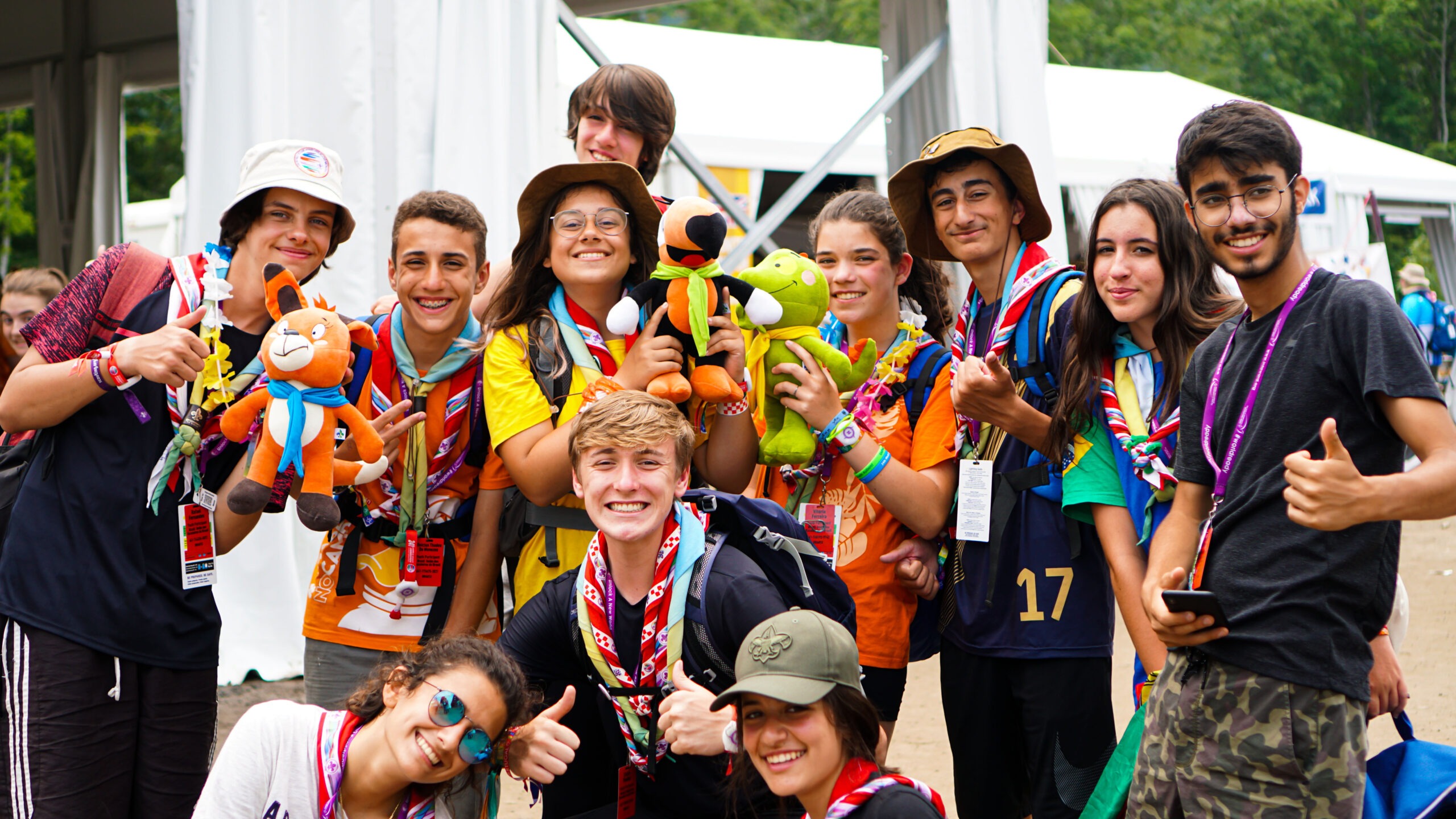
Senior Scouts
Senior Scouts The Senior Scouts are made up of young people between 15 and 17 years old.…
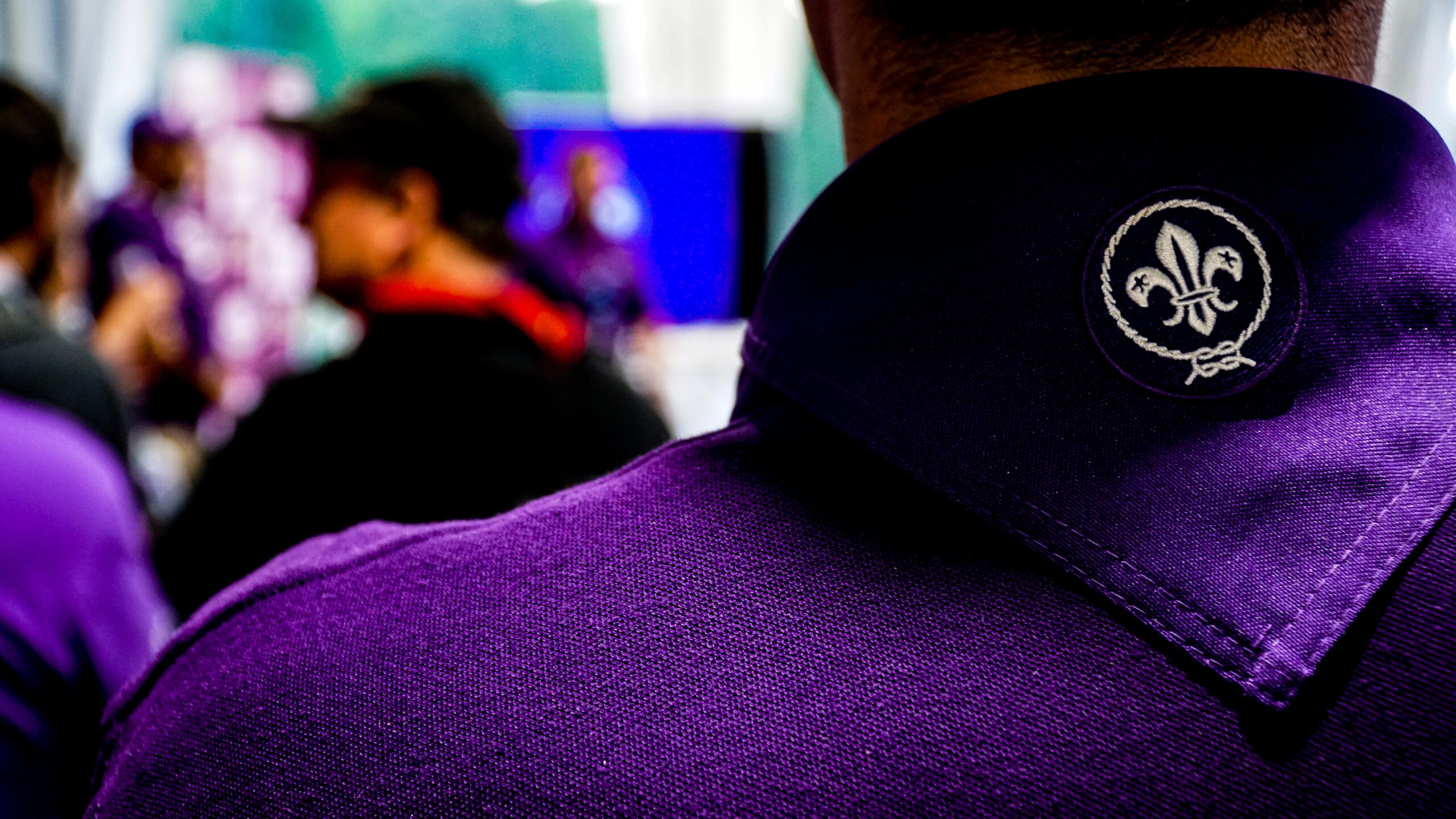
Administrative Scout Leader
Administrative Scout Leader Institutional administrative leaders are the adults responsible for running the institution at all levels…
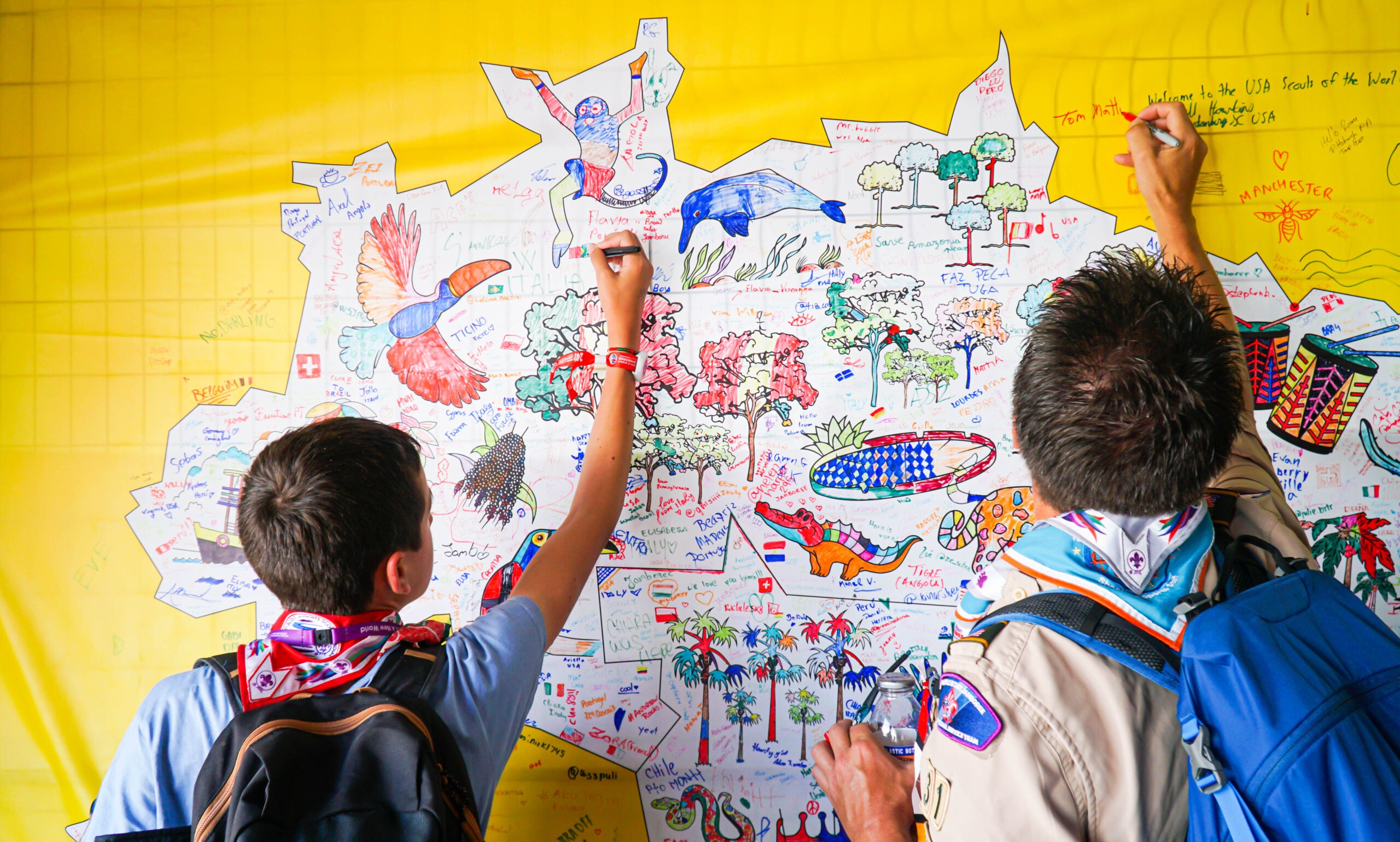
Cub Scouts
Between 6.5 and 10 years of age, we are wolf cubs. We learn lot about life in…
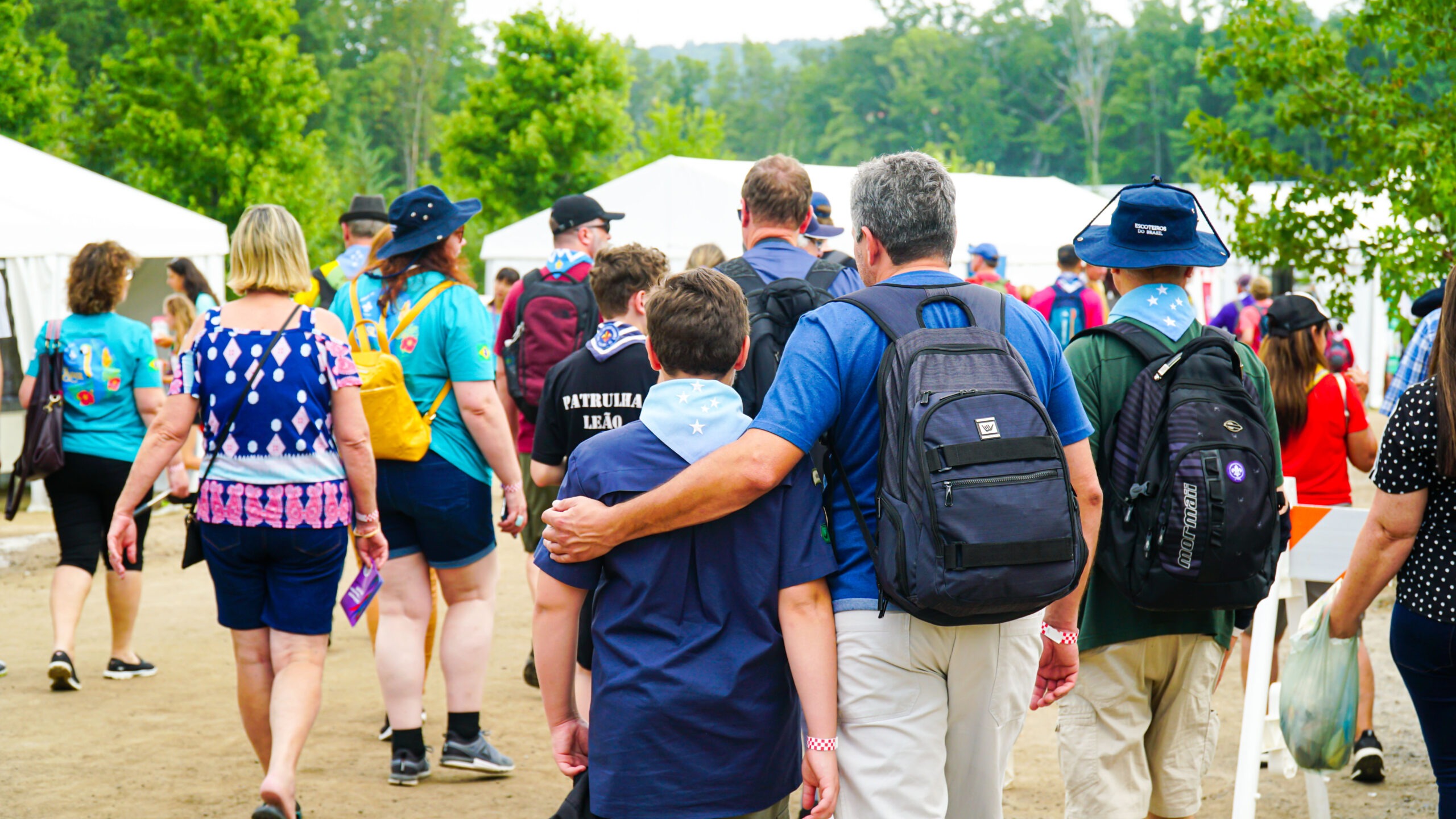
Education For Life
Education for Life We understand that educating for life is to reaffirm our humanistic view of education,…
Procure um Grupo Escoteiro


